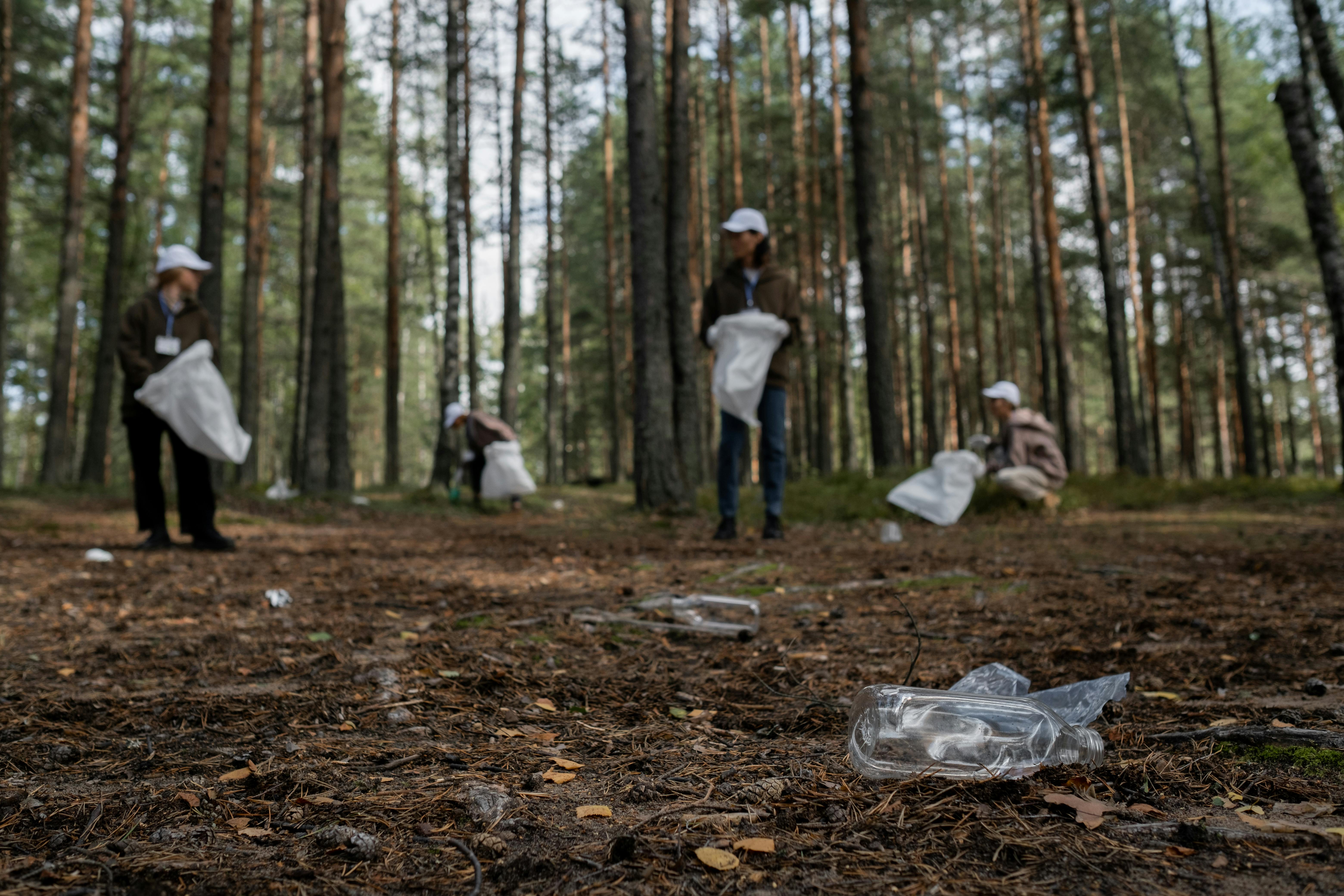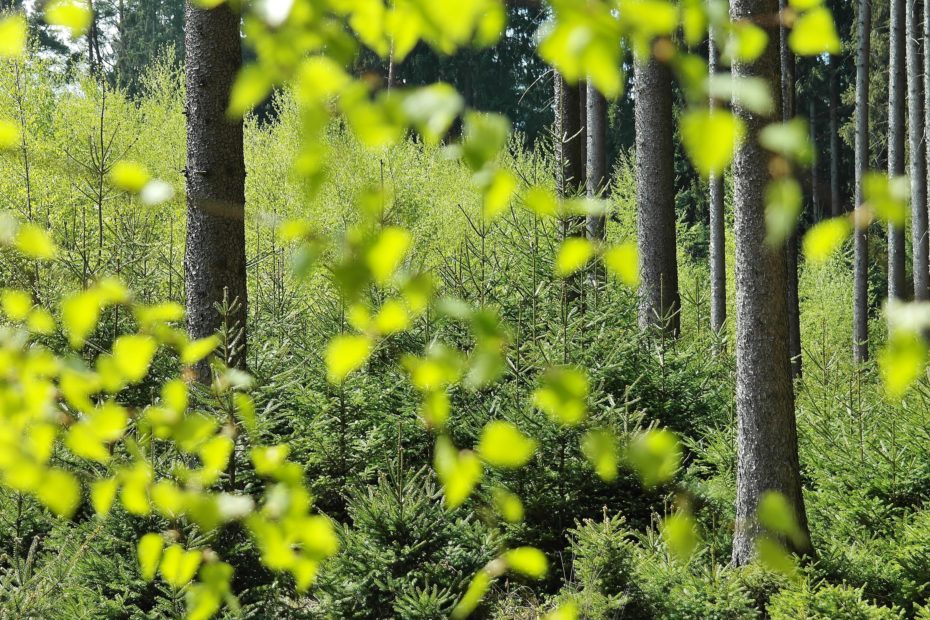Rotary is concerned about preserving our shared legacy—the environment. In order to enhance ecological sustainability, strengthen resource conservation and protection, and promote harmony between human communities and the environment, we are dedicated to supporting these initiatives. In an effort to address the causes and lessen the effects of climate change and environmental degradation, we enable communities to access funds and other resources, embrace local solutions, and foster creativity. Humanity should try to keep protecting environment everywhere in the world, otherwise, it won’t be very effective.
How Rotary facilitates assistance
As always, Rotary members are approaching environmental challenges by coming up with projects, leveraging their connections to influence policy, and making long-term plans for environmental protection.
How Rotary can help save the environment
The Rotary Foundation will make it possible for our members and their local allies to take the following actions: through our assistance with community economic development and water, sanitation, and hygiene initiatives, etc. Foundation global grant funds have been committed to environmental causes over the last five years. In the last five years, the Foundation’s global grant money has gone to environmental causes through our assistance with community economic development and water, sanitation, and hygiene initiatives. We are fighting for safeguarding and restoring freshwater, marine, coastal, and environmental resources, enhancing community’s ability to support conservation and management of natural resources, promoting sustainable fishing, farming, and aquaculture methods, and addressing the underlying cause of climate change by reducing greenhouse gas emissions.
Ten easy decisions can help the environmental protection
Starting with you, we can protect our world. Here are just a few options available to you. Think: “reduce, reuse, recycle!” Reduce the amount of waste you produce. To protect natural resources and landfill space, adhere to the three “R’s”.
Volunteer. Participate in community cleanups by volunteering. You may contribute to the preservation of your watershed.
Educate!
By continuing your education, you may educate others about the significance and worth of our natural resources.
Be water-wise!
The less water you consume, the less wastewater and runoff will ultimately end up in the ocean.
Shop carefully!
Bring a reusable shopping bag and purchase less plastic items.
Use light bulbs with a long life!
Greenhouse gas emissions are reduced by using energy-efficient light bulbs. When leaving the room, be sure to turn off the lights as well!
In order to lower the health hazards associated with severe heat, EPA collaborated with other federal agencies to establish a new website. The best resource for information on heat and health in the country you may find everywhere surfing the net.
Exercise Sun Safety
EPA advises Americans to protect themselves all summer long by avoiding excessive sun exposure and following correct sun safety procedures during UV Safety Month.
The EPA starts a program for clean school buses with $500 million already available
Our Clean School Bus Program will provide school districts with $500 million in the first round of financing and a total of $5 billion from the Bipartisan Infrastructure Law to replace the nation’s school bus fleet with low- and zero-emission vehicles.
The EPA has announced $254 million to address contaminated brownfield properties
EPA is providing grants to 265 communities nationwide to help them transform brownfield sites into engines of economic expansion and job creation thanks to monies provided by the Bipartisan Infrastructure Act.
Your neighborhood
Learn about the environment where you reside. Visit the EPA’s state-specific page. From the EPA President Biden’s bipartisan infrastructure law will invest $79 million, according to the EPA. To Support Environmental Education, the EPA Selected Educational Organizations.
Why do we need to preserve the environment? Well, there is only one Earth. So let’s treat it correctly!
Unfortunately, over time, humans haven’t exactly been the best stewards of the planet. We all need to be proactive about adopting cleaner living practices in order to safeguard the environment and preserve the earth for our children and future generations.
The harm of consumption habits. Natural environment
The majority of environmental harm is caused by consumption—what we consume, how much we consume, and how frequently. We are all consumers of products, whether it be gasoline, food, apparel, motor vehicles, household goods, water, toys, technology, trinkets, or other items. The solution is not to stop consuming, but to begin paying attention to how our actions and purchases impact the environment. The good news is that switching to an environmentally friendly lifestyle is frequently not excessively expensive, complicated, or unpleasant. Implementing the challenge with your family or coworkers might even be enjoyable. Consider how much cleaner the world would be if everyone changed just a handful of the following behaviors, even though tiny adjustments on an individual level may seem insignificant.
Here are 12 actions you can take right away to start protecting the environment:
Consume less, first. 2. Composting. 3. Select reusable items over single-use ones. 4. Do more upcycling. 5. Do proper recycling. 6. Purchase used goods. 7. Shop locally. 8. Use fewer chemicals, please. 9. Take the bus, bike, or carpool. 10. Make use of less water 11. Make good use of your purchasing power. 12. Make electricity savings. The environment can be greatly impacted by reducing consumption. Reducing, reusing, and recycling are the three “R’s” that receive the most attention, yet the most significant and underutilized “R” is refuse. Saying “no” when you refuse is not always simple. Freebies at events, discounted items on sale, the hottest new toys for kids, or the newest technology that claims to make your life easier—none of these things are necessary. And they frequently wind up in the trash or forgotten in a closet’s back. The next time you’re tempted to buy or accept something that is not necessary, consider whether it would actually improve your life. If not, it’s acceptable to just reply, “Thanks!” Bonus: Refusing to accept unnecessary possessions into your life might help you save money and clear up clutter in your home. “Rot” is another “R” that goes unnoticed but has significant environmental repercussions. In other words, compost your food waste and yard waste instead of throwing it in the trash.
The advantages of composting. Natural resources are not endless
The benefits of composting your food scraps and yard waste are twofold: it prevents a staggering quantity of rubbish from entering the waste stream and creates free, rich soil for your garden. In certain areas, organic garbage is now collected alongside conventional trash and recycling. You can create a low-maintenance compost pile in your backyard if this service is not available in your area. Consider the number of individuals you observe every day consuming beverages from disposable cups or bottles, savoring liquids using plastic straws, carrying grocery bags made of disposable materials, dining from disposable plates or containers, or employing disposable utensils. Single-use plastic must be disposed of someplace, and it has a terrible impact on our soil, oceans, and marine life.
We try to conserve natural resources, conserve energy, protect the environment and prevent air pollution. Environmental pollution poses a threat not only to the environment but to all humanity. So, we should try to use non toxic chemicals, recycling bins, renewable energy; we should try to take into consideration environmental issues in order to rescue our planet.

